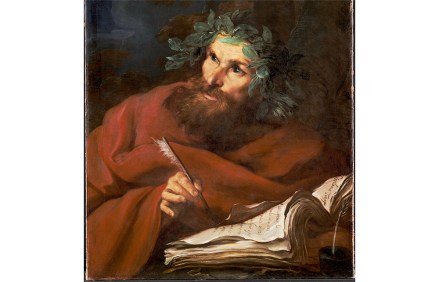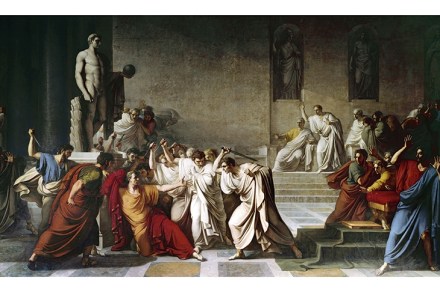How the Aeneid was nearly destroyed
According to legend, Vergil declared of himself ‘Mantua me genuit, Calabri rapuere, tenet nunc Parthenope: cecini pascua, rura, duces.’ (‘Mantua bore me, Calabria took me; now Naples holds me: I sang of pastures, fields, and leaders.’) In her rigorously researched biography, the American classicist Sarah Ruden shows that this is largely true – even if the author of the Aeneid was in fact born 30 miles from Mantua, in a little village called Andes, in 70 BC. Ruden must necessarily rely on Vergil’s most influential biography, written by Suetonius more a century after his death. And there’s no reason to doubt the skeleton of Suetonius’s life: that Vergil was unmarried,



